.jpg) Progressive rock compositions sometimes take the following forms:
Progressive rock compositions sometimes take the following forms:* A piece that is subdivided into movements in the manner of a classical suite. Examples are the four-part "Close to the Edge" by Yes, six-part "Hemispheres" by Rush, and the seven-part "A Change of Seasons" by Dream Theater. All of TransAtlantic's epics are multipart.
* A piece that is composed of a patchwork of musical themes that could conceivably stand as individual songs, but together serve to relate a complete narrative through music. Examples are "Supper's Ready" on Genesis' Foxtrot (the "Willow Farm" section of which was played as a single), "A Day in the Life" on Sgt. Pepper's Lonely Hearts Club Band by The Beatles, Jethro Tull's Aqualung from the album of the same name, and "The Gates of Delirium" on Yes's album Relayer (from which the single "Soon" was taken).
* A piece that allows the development of musical ideas via progressions or variations in the manner of a bolero or a canon. "King Kong" on Frank Zappa's Uncle Meat is an example.
Progressive rock's popularity peaked in the mid-1970s, when prog artists regularly topped readers' votes in mainstream popular music magazines. With the advent of punk rock in the late 1970s, and its earlier precursor pub rock, popular and critical opinion moved toward a simpler and more aggressive style of rock, with progressive rock increasingly dismissed as pretentious and overblown. This attitude has remained in place to the present day.
The early 1980s saw something of a revival of the genre, led by artists such as Marillion, Saga, and Kate Bush. Groups that arose during this time are sometimes termed neo-progressive. Around the same time, some progressive rock stalwarts changed musical direction, simplifying their music and including more obviously electronic elements. In 1983, Genesis achieved international success with the song "Mama", with its heavy emphasis on a drum machine riff. In 1984, Yes had a surprise number one hit with the song "Owner of a Lonely Heart", which contained modern (for the time) electronic effects and was accessible enough to be played at discos.
The genre enjoyed another revival in the 1990s with the so-called "Third Wave", spearheaded by such bands as Sweden's The Flower Kings, the UK's Porcupine Tree, and Spock's Beard from the United States. One of the most important bands of the alternative rock movement, The Smashing Pumpkins, incorporated progressive rock into their unique, eclectic style, going so far as to release two albums dealing with the same concept.
In recent years, the most commercially viable category of prog has been progressive metal. These bands are usually happy to be known as progressive, and produce very long pieces and concept albums. Several of the leading bands in the prog-metal genre (particularly Dream Theater) cite pioneer progressive hard-rockers Rush as a prime influence. Meanwhile, other heavy metal bands not generally considered prog-metal, such as System of a Down, have nevertheless incorporated prog-influenced elements like bizarre shifts in time signatures and tempo in their music.
The work of contemporary artists such as Ween and post-rock bands like Sigur Rós and Godspeed You! Black Emperor could be said to incorporate some of the experimental elements of progressive rock, sometimes combined with the aesthetic sensibilities of punk rock to produce music which many find challenging, innovative and imaginative. The Mars Volta is notable for intentionally fusing punk with progressive rock, two elements once polar opposites. Among more experimental and avant garde musicians, the Japanese composer Takashi Yoshimatsu publicly cites progressive rock bands as a prime influence on his work.
This article is licensed under the GNU Free Documentation License. It uses material from the Wikipedia article "Progressive rock".
http://www.progarchives.com/



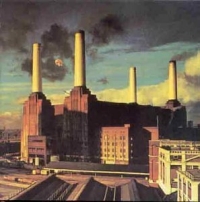

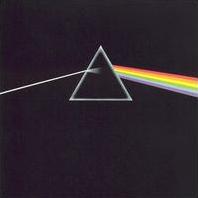

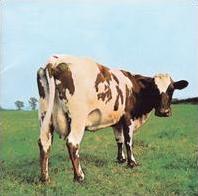
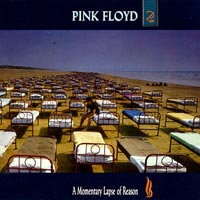
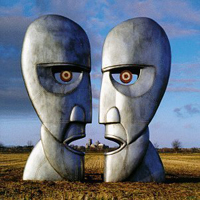
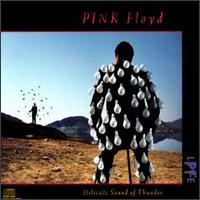
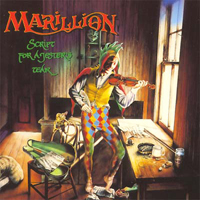
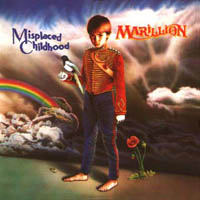
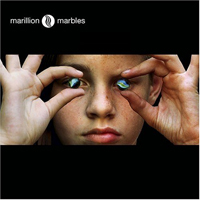
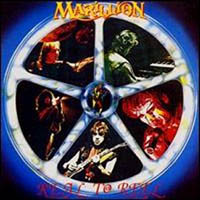
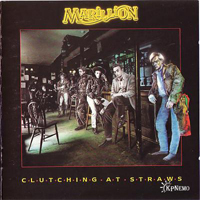




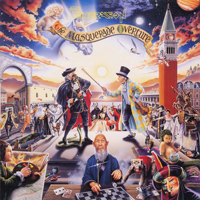
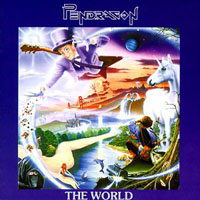
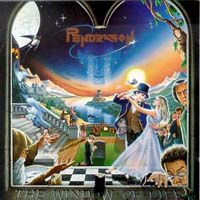
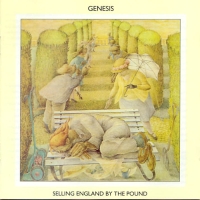
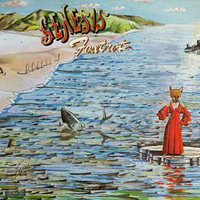
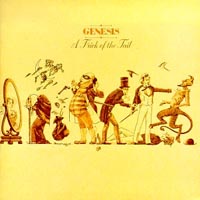
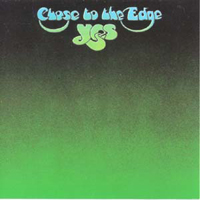
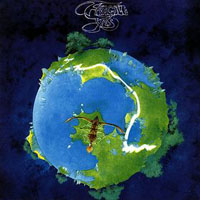
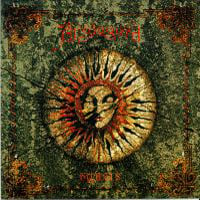
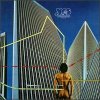
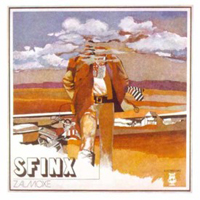
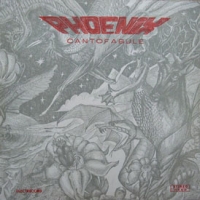

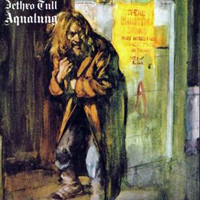

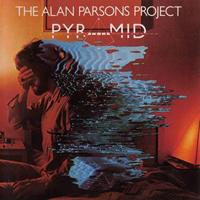
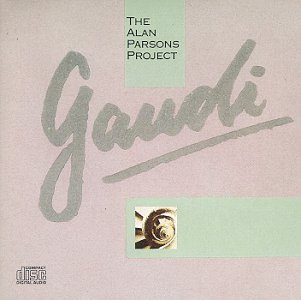
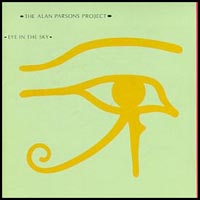


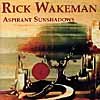


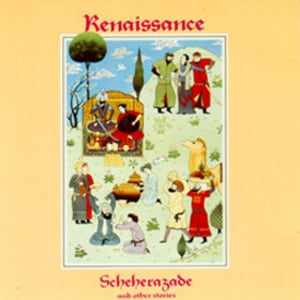

















Niciun comentariu:
Trimiteți un comentariu